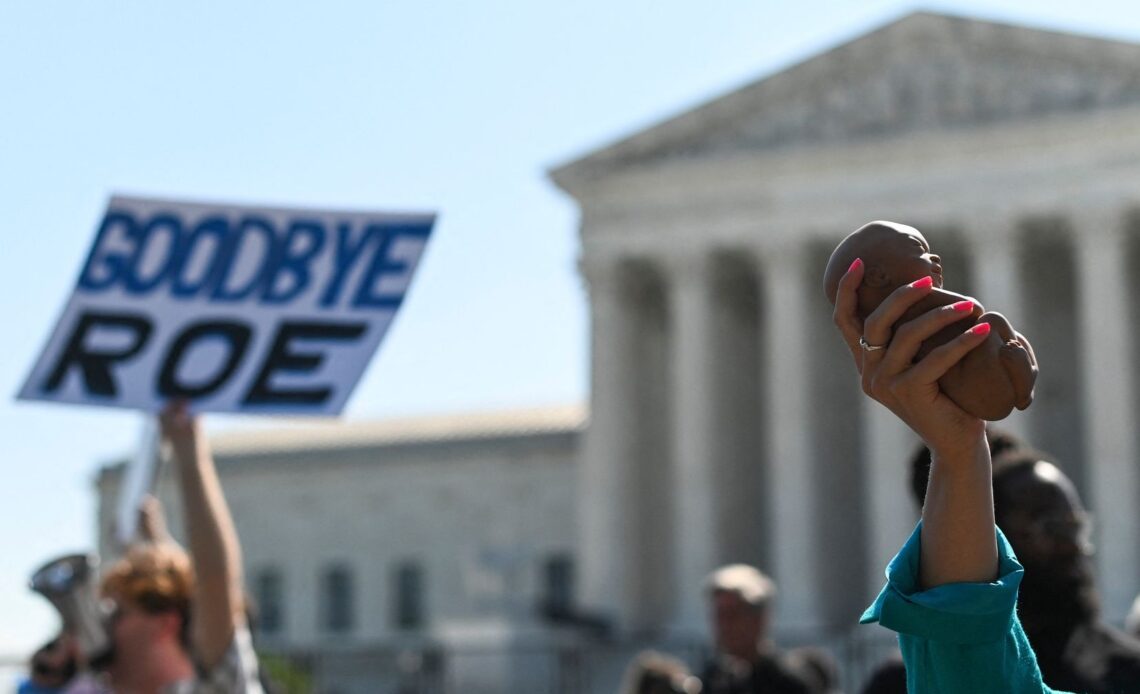More than 200 abortion clinics will have to immediately close if the Supreme Court overturns Roe v. Wade, according to a new report.
The report, published by leading research group Advancing New Standards in Reproductive Health, analyzed the changing landscape of abortion facilities in the U.S. between 2017 and 2021. ANSIRH found that the repeal of Roe, the 1973 landmark decision that affords federal abortion protections, could lead to the closure of at least 202 abortion clinics — just over a quarter of all abortion facilities — across the country.
Most of these clinic closures would be linked to trigger laws, which would immediately ban or severely restrict abortion access in 26 states if Roe falls. The closures would hit the South and Midwest the hardest.
“That estimate is concerning to me because there are already so few clinics based on this report in those states,” Dr. Ushma Upadhyay, the author of the report and an associate professor at ANSIRH, said of states with trigger laws. “And they’re also really close together ― they’re in the South and in the Midwest, and it just means that it’s creating vast geographies that will no longer offer abortion care.”
The demand for abortion care has actually increased in recent years, according to a new report from the Guttmacher Institute, a pro-choice research organization. After decades of decline in abortion care, there was an 8% increase in abortions preformed between 2017 and 2020.
Still, the Supreme Court is poised to overturn Roe in Dobbs v. Jackson Women’s Health Organization. The case centers on a Mississippi 15-week abortion restriction, and it seeks to move the federal 24-week gestational limit to 15 weeks or repeal Roe. A leaked draft decision published in May revealed that the court’s conservative majority is poised to overturn Roe altogether.
The court’s final decision is expected to be handed down before July 1.
ANSIRH’s report, co-authored with the Abortion Facility Database Project, also found that the number of clinics that provide only medication abortion increased between 2017 and 2021— a change that is likely due to the Food and Drug Administration’s loosening of certain restrictions on abortion pills during the pandemic. But the increase in clinics providing abortion pills mostly occurred in blue states or regions that already had a lot of clinics.
Upadhyay pointed out that the increase in medication-abortion-only clinics in blue states will be a barrier for…
Click Here to Read the Full Original Article at Women…

